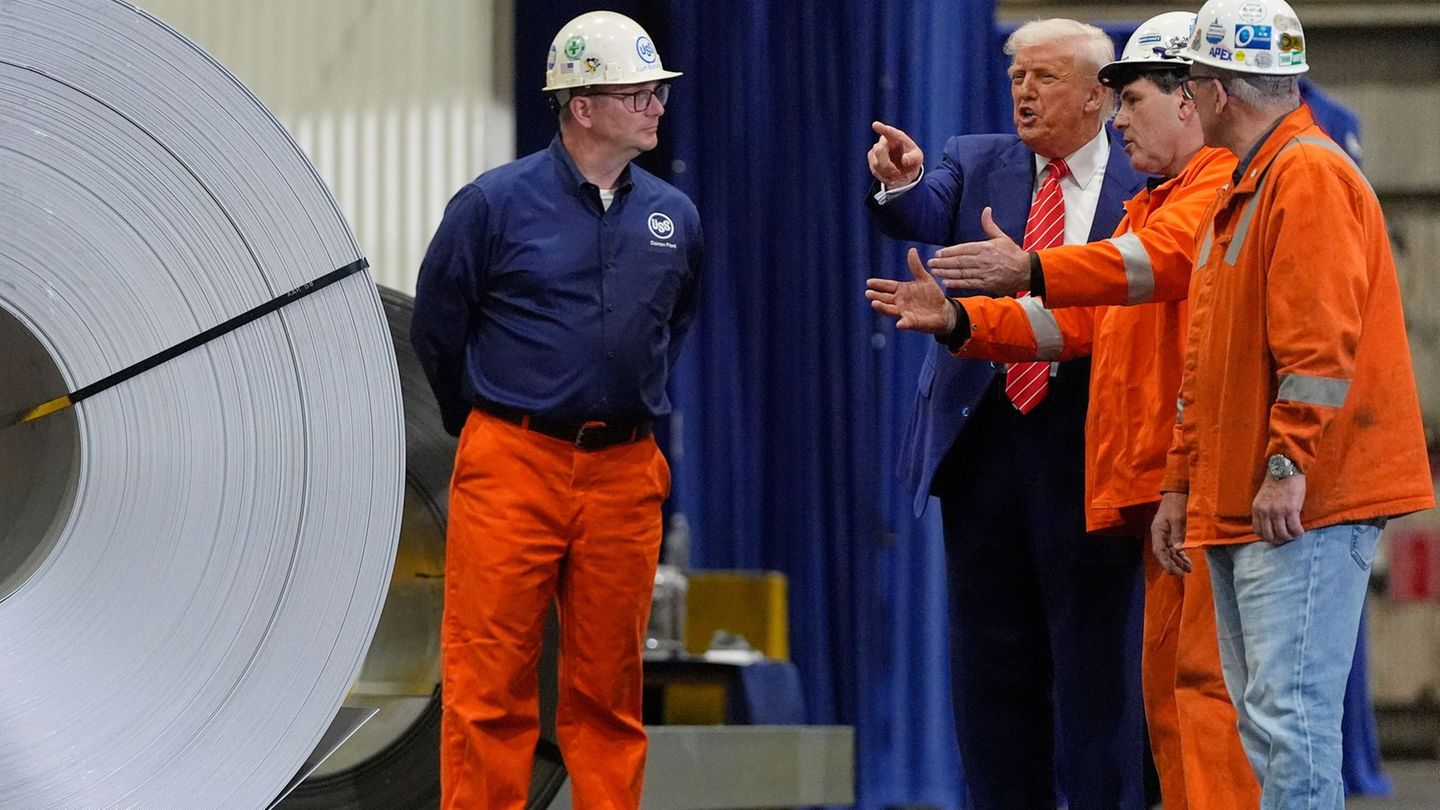Menu
Commercial conflict: doubled US tariffs on steel and aluminum apply from now on
Categories
Most Read
Low pension: Which age groups get the least
October 10, 2025
No Comments
Tourism in Germany: Almost record level: 339 million overnight stays by August
October 10, 2025
No Comments
Major sporting events: Researchers: The Olympics do little for the economy
October 10, 2025
No Comments
Tesla autopilot runs red lights – investigations in the USA
October 10, 2025
No Comments
Automotive industry: VW continues to increase significantly in e-car sales in Europe
October 10, 2025
No Comments
Latest Posts

Wanda Perdelwitz: Michaela May and other colleagues are mourning
October 10, 2025
No Comments
Lisa HarrisI am an author and journalist who has worked in the entertainment industry for over a decade. I currently work as a news editor

Covered by freedom of expression: Drake fails in lawsuit against Kendrick Lamar
October 10, 2025
No Comments
Lisa HarrisI am an author and journalist who has worked in the entertainment industry for over a decade. I currently work as a news editor

Tennis: Gauff too strong: Siegemund misses the semi-finals in Wuhan
October 10, 2025
No Comments
PierceI am Pierce Boyd, a driven and ambitious professional working in the news industry. I have been writing for 24 Hours Worlds for over five
24 Hours Worlds is a comprehensive source of instant world current affairs, offering up-to-the-minute coverage of breaking news and events from around the globe. With a team of experienced journalists and experts on hand 24/7.

